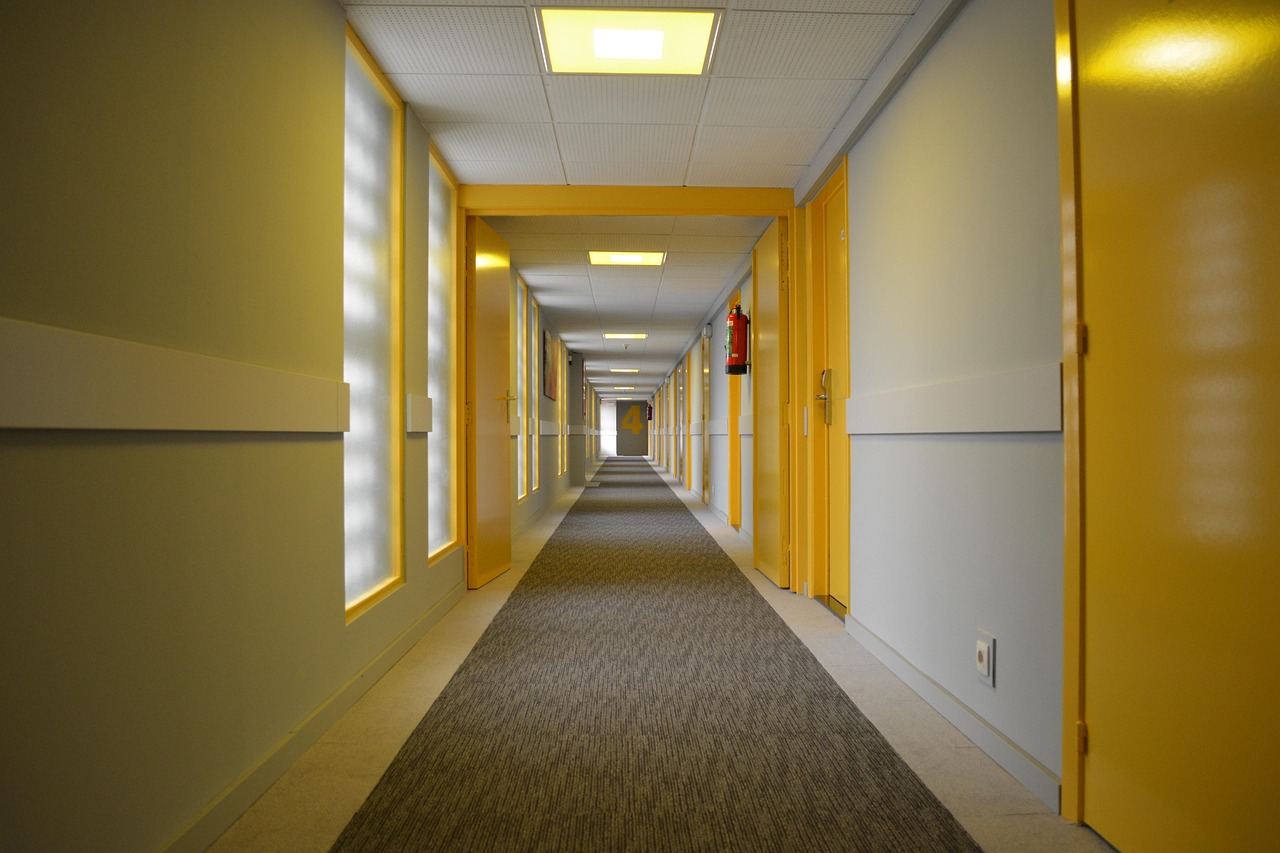30
Sep 2024
Healthscope Pressures Major Insurers to Boost Its Profits
Published in News on September 30, 2024

Three of Australia’s largest health insurers have conceded and agreed to provide additional funding to private hospital operator Healthscope, marking a significant development in a growing dispute over rising healthcare costs.
Medibank Private, NIB, and HCF have reportedly agreed to make out-of-cycle payments totalling "tens of millions of dollars" to Healthscope, according to five sources familiar with the negotiations, who are not authorized to speak publicly about the agreement.
The increased one-off payments, which have not been publicly announced, come after strong lobbying from Healthscope. The company warned insurers that it might have to close some of its hospitals without financial support. Last week, the Australian Financial Review reported that Healthscope had even requested rent relief from the company that owns its hospital buildings.
Australia’s 650 private hospitals have long cautioned that they are becoming less profitable, with many potentially facing closure without additional funding. This could push more patients into an already overburdened public healthcare system. However, health insurers, covering around 12 million Australians, have been reluctant to provide more funding, urging hospitals to improve efficiency.
Healthscope, owned by Canadian investment firm Brookfield, has been one of the most outspoken advocates for increased financial support.
Brookfield acquired Healthscope in 2019 for $4.4 billion, a deal many believe was overpriced. The asset manager's decision to take on significant debt has strained returns as Healthscope’s profits have declined. Now, the company is facing financial pressure, but it has negotiated new payments from health insurers in addition to the standard three-year funding contracts that support private hospitals.
Insurers, including Medibank, NIB, and HCF, have traditionally been unwilling to bail out struggling hospitals, warning that doing so would force them to raise premiums. However, they also recognise the risk of losing customers if hospitals close or go out of contract, which could increase out-of-pocket patient costs.
These new agreements mark a win for Healthscope, which recently launched a public campaign accusing Bupa, one of Australia’s largest insurers, of underfunding its 38 hospitals and “bleeding it dry.” The campaign was also named Australian Unity and GMHBA. Talks between Healthscope and Bupa and other non-profit insurers are ongoing. While no party has threatened to break existing funding contracts, it remains a possibility. Earlier this year, Bupa provided Healthscope with a one-off payment outside their contractual obligations.
Medibank revealed that it has already given $63 million in additional support for private hospitals like Masada Private Hospital over the past two years. Healthscope and other hospital operators, like Ramsay Health Care, argue that the profitable insurance sector should provide more funding to prevent hospital closures. Ramsay's CEO, Craig McNally, recently stated that the company will walk away from contracts if insurers do not agree to acceptable terms.
Last year, Healthscope reported a $649 million loss after writing down the value of its hospitals. The company is now close to finalizing a refinancing deal for $1.6 billion of debt. As part of its broader strategy, Healthscope has secured an agreement with lenders, requested more funds from insurers, and is seeking rent relief from the landlords who lease its hospitals.
These financial struggles come at a critical time, as Health Minister Mark Butler prepares to review the findings of an investigation into the viability of Australia’s private hospital sector. The preliminary results, obtained by the Australian Financial Review, indicate that more private hospitals are likely to close in the next 12 months, and the sector has become “uninvestable.”
The government has shown little interest in providing a significant financial bailout for the sector. Private hospitals argue that profits have disproportionately shifted to insurers, while insurers insist that hospitals must improve efficiency. The outcome of this dispute will impact the 12 million Australians with private health insurance, whose premiums are regulated by the government and adjusted annually.
Neither Healthscope nor the insurers have commented on the situation. One insurance executive noted that out-of-cycle payments are not unusual but criticized Healthscope's aggressive public campaign while still under contract. Rachel David, CEO of Private Healthcare Australia, emphasized that the payments were not a reaction to Healthscope’s campaign, expressing concern over the anxiety it has caused in the industry.
Healthscope also plans to seek rent relief from landlords, including Northwest and HMC Capital, which lease many of its facilities. However, both groups have previously indicated they are unwilling to provide additional support.
Finding convenient and comfortable accommodation nearby is essential for patients and their families facing extended hospital stays. In major cities like Melbourne and Sydney, serviced apartments and short-stay options are available near hospitals, offering a home-like environment with amenities that cater to both short-term and long-term stays. Providers like Hospital Stays specialize in fully furnished apartments close to hospitals, ensuring guests have easy access to healthcare facilities. These accommodations often include features like kitchenettes, laundry facilities, and home office setups, making them a practical choice for those needing to stay close to a hospital during treatment or recovery.
For example, those staying near Healthscope’s private hospitals can find various serviced apartments within walking distance, providing both convenience and comfort during their medical journey.









